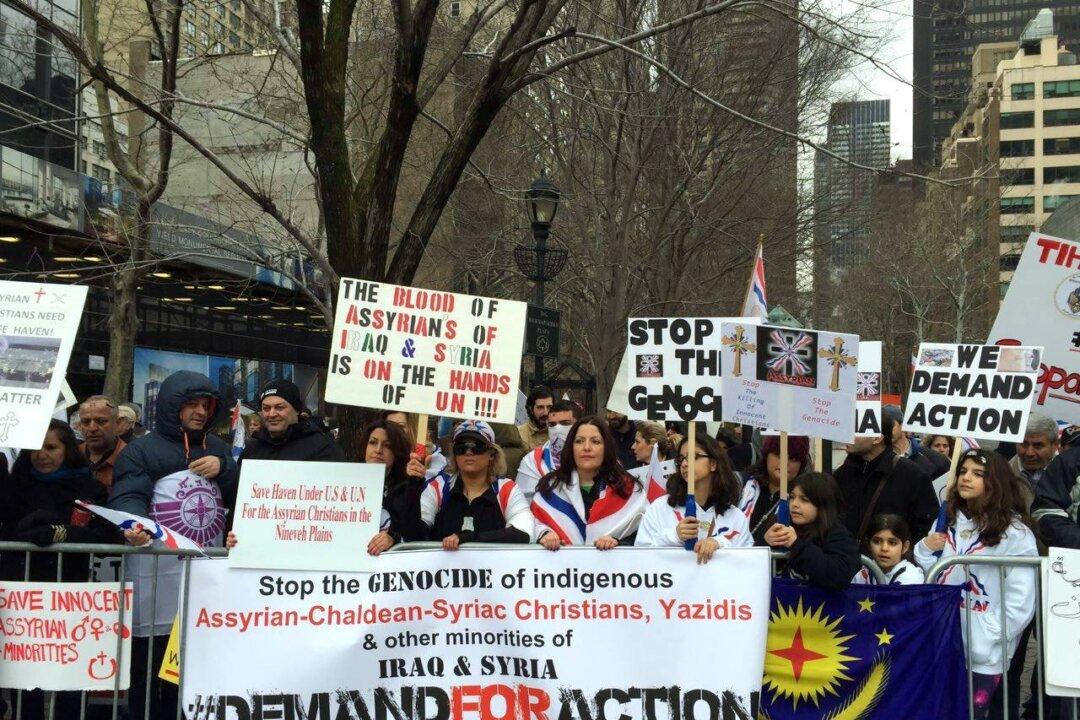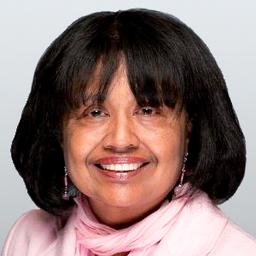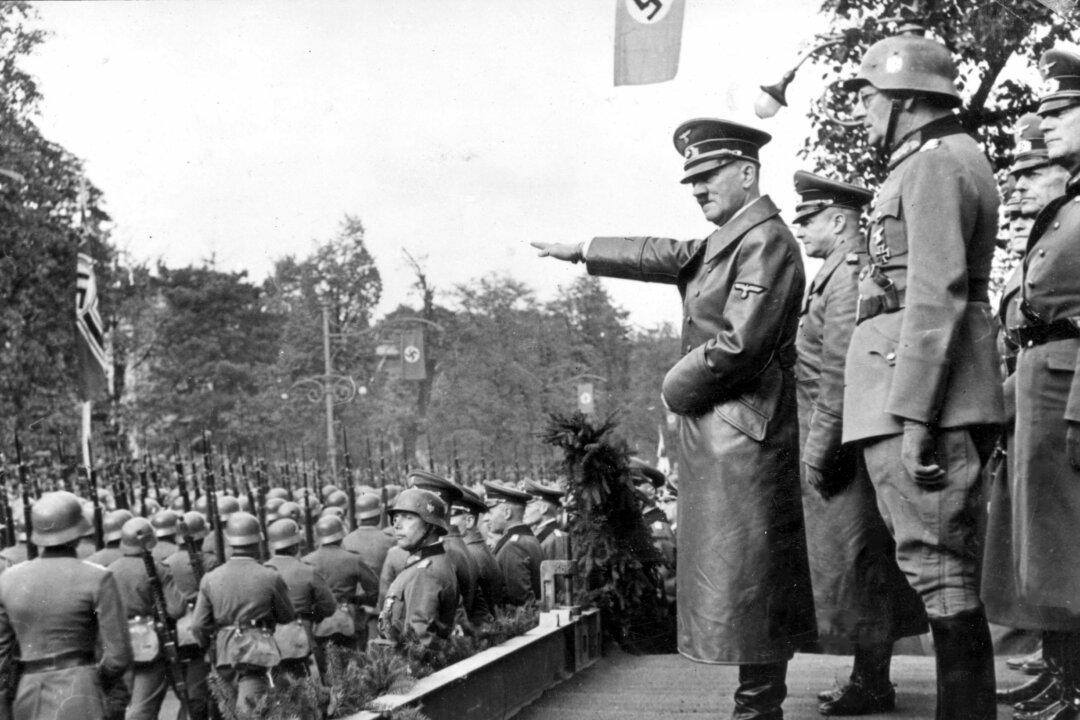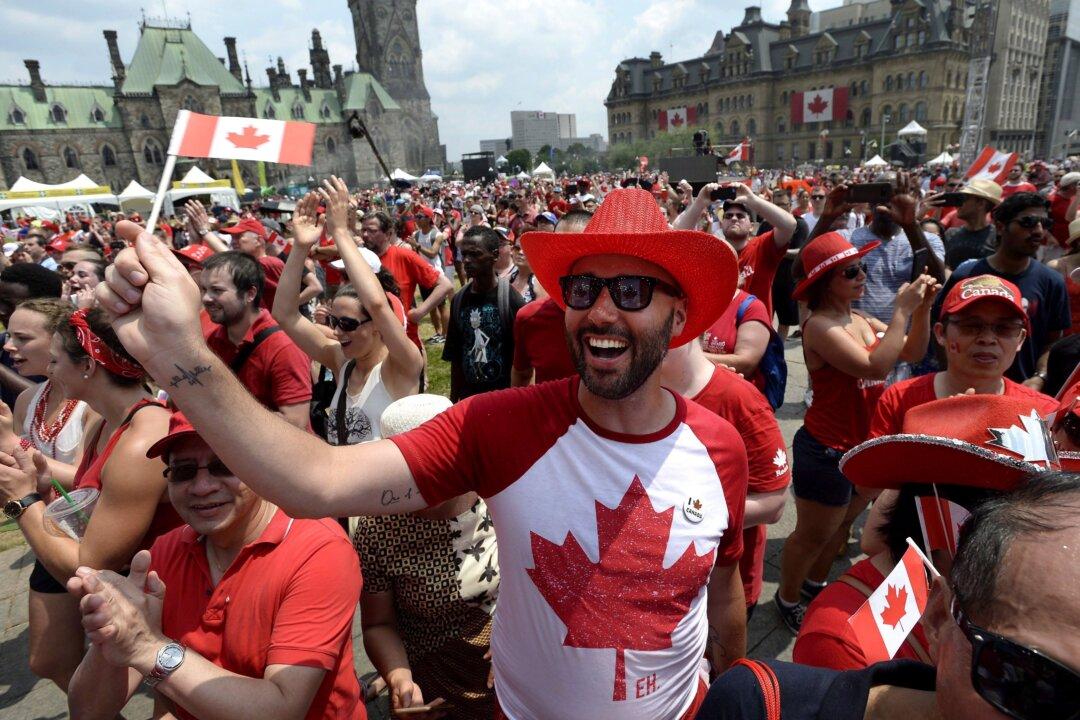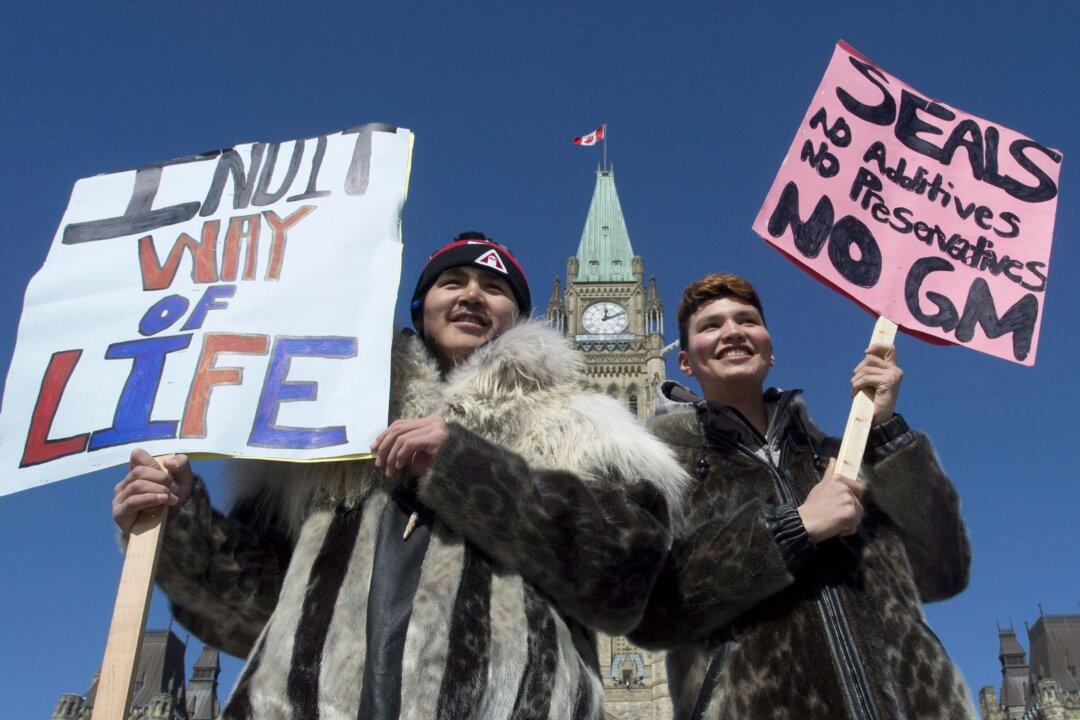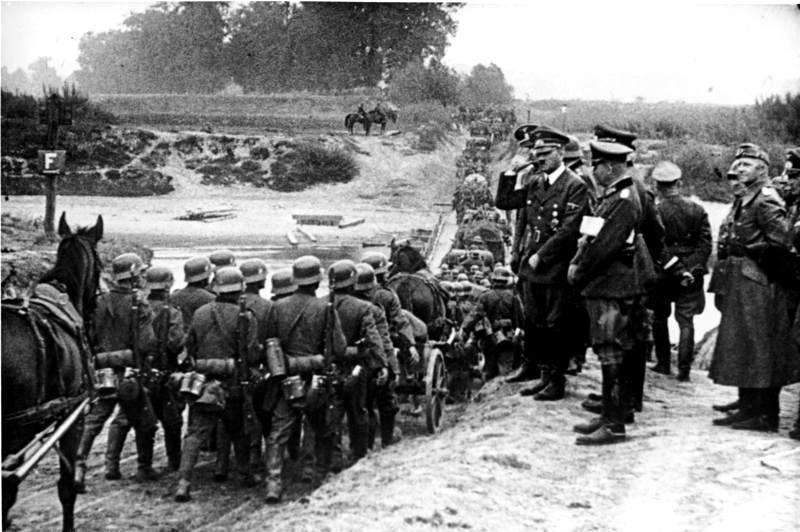They survived a slow-motion genocide during the twilight of the Ottoman Empire in the 19th century, then outbursts of brutality by Iraq’s Saddam Hussein and Iran’s Khomeinists.
In 2014, when ISIS extremists invaded their ancestral homeland, the Plains of Niveveh in Northern Iraq, and went on a murderous rampage, it was the last straw for these Assyrians (not to be confused with Syrians, and also known by other names such as Chaldeans and Syriacs). They were forced to stare the darkest forces of inhumanity in the eye and to suffer agonies of imprisonment, torment, and torture.
